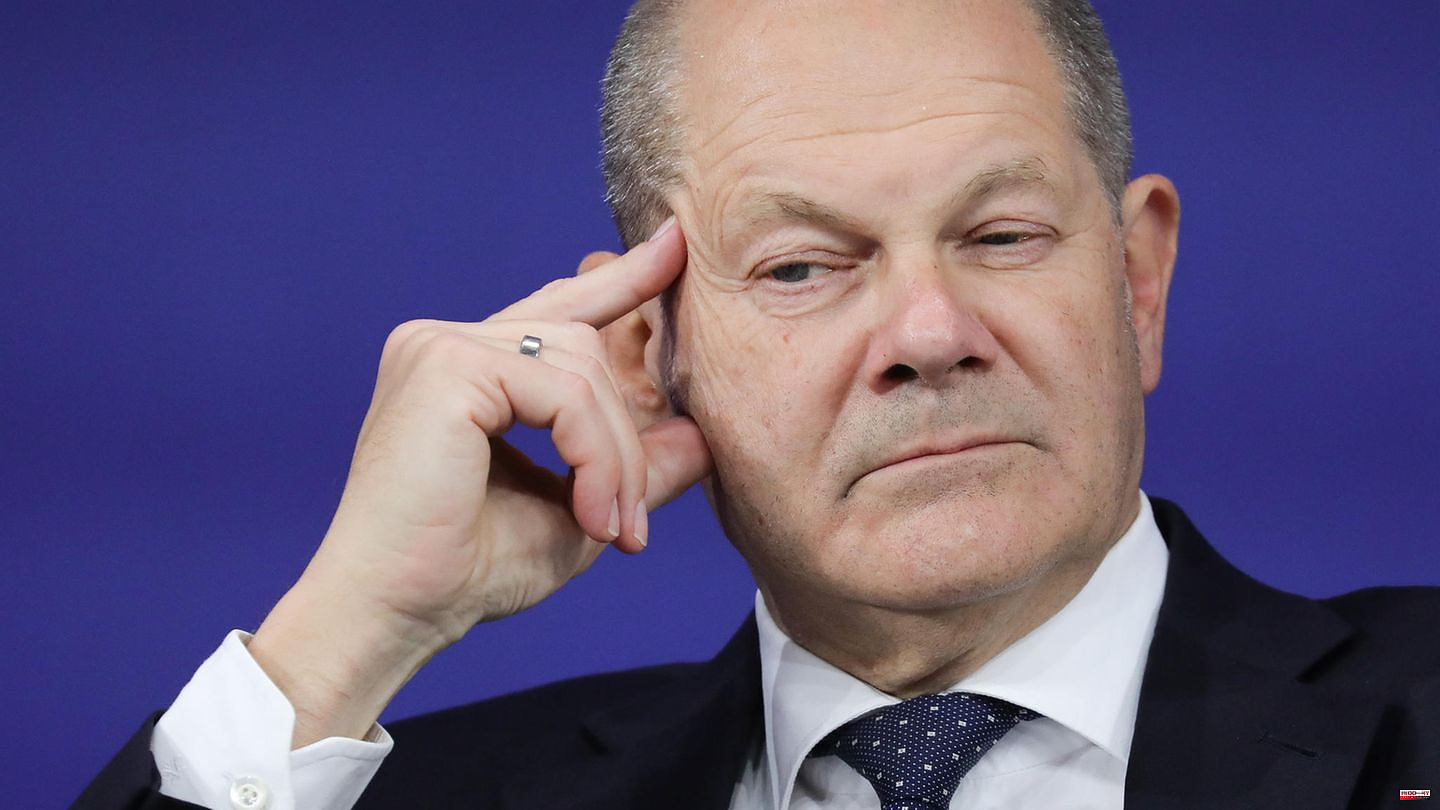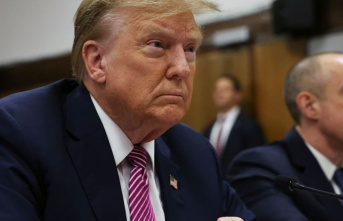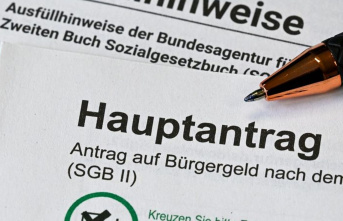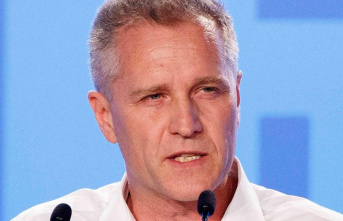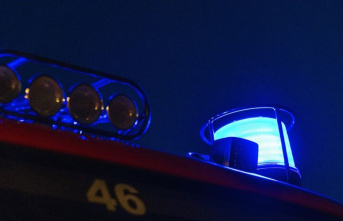Is the Chancellor making the same fatal mistake for the second time? Warning voices are coming from politics and business, accusing Olaf Scholz of plunging Germany from one dependency (Russian gas) to the next (trade with China) with the entry of the Chinese shipping company Cosco into the port of Hamburg. On the other hand, there is the indication that the market for the export country Germany would be very manageable if trade relations were only maintained with ethically correct countries.
The press commentators sometimes differ widely in their opinion:
"Frankfurter Allgemeine Zeitung"
Scholz, who is traveling to Beijing in November, does not want to alienate Emperor Xi Jinping beforehand. German business leaders (...) also warn against "China bashing". Overreactions should indeed be avoided as much as possible in international and transnational business. But German China policy is more at risk of underreaction - because the dependence on the extensive economic relations with Xi's empire is already so great.
Not only Germany was naive. Many European countries have already allowed the Chinese to take control of operations and infrastructure (which the Europeans are denied in China). Therefore, in the case of Hamburg, Cosco was able to threaten to shift the business to other ports. This is not how Europeans should be played off against each other.
Rhein-Neckar-Zeitung (Heidelberg)
The fact that Chancellor Scholz pushed through the China port deal naturally suits him during his flying visit to Beijing at the beginning of November. But behind the debate about this participation lies the fundamental question of which states a democracy should do business with? Strictly speaking, Qatar and Saudi Arabia should not be substitutes for Russia. From these perspectives, China is a total failure anyway. But at the end of the day, there are between 40 and 70 functioning democracies among the almost 200 states in the world, depending on how you count them. Pretty small, such an ethically correct market.
"Rheinpfalz" (Ludwigshafen)
Should there be a conflict in the case of Taiwan and China should annex the island by force, the West will have to react, at least with ostracism and sanctions. However, this will hit the core of the German economy due to its links with China. Against this background, it is downright absurd to increase the potential for blackmail in China.
"Nuremberg News"
And Olaf Scholz will soon be traveling to this country with the port entry as a gift? In doing so, he snubs the FDP and the Greens, he is also acting against the advice of economic experts who are pushing for more distance and toughness towards China - especially if the country is to remain a business partner, which it has to do because of its size and importance. Scholz was too quick to accept the rules of a regime that wants to impose the rules on us.
"Free Word" (Suhl)
In a few days the Chancellor will travel to Beijing for a state visit. He could then have had a rejection for Cosco in his luggage. Instead, there is now a gift – and benevolent hosts. Scholz is simply continuing the fatal China policy of his predecessor Angela Merkel, under which the "port deal" incidentally got rolling. Merkel has always praised stable economic relations as the measure of all things. Hopefully her successor soon realizes that this focus is a dangerous illusion.
"Young World" (Berlin)
Where did the furor against Cosco come from, which has been whipping up the public for days? Critical infrastructure – infrastructure that is particularly sensitive in crises – is clearly defined in Germany. According to the Federal Ministry of Economics, Tollerort is not one of them. Under today's conditions, it is normal for private shipping companies to buy shares in port operators. The aim is usually to secure preferential handling of their own ships in order to avoid the queues in front of the overloaded ports. Hapag-Lloyd from Hamburg, for example, is currently on a major shopping spree in Europe, North and South America. So why should Chinese corporations be banned, which German companies do as a matter of course? Because China's international influence is growing with it - just like the German position of power in the world with German corporate expansion.
"Baden Latest News" (Karlsruhe)
Once again Olaf Scholz proves to be a clever helmsman who averts a political mutiny by compromise, but stays on course. (...) Nobody needs to worry that Hamburger Labskaus will soon be served with chopsticks. The chancellor's decision may be controversial, but ultimately it was the right one. No one benefits if German naivety towards Russia is followed by an overreaction towards China. The impetus to ban the Chinese from any involvement, of course, stems from recent bad experiences with critical infrastructure. The fact that Germany almost surrendered itself to Russia when it came to importing gas (...) is rightly considered a fall from grace. But: A minority stake in the smallest of four container terminals owned by the majority-owned Hamburger Hafen und Logistik AG is not access to critical infrastructure.
"Münchner Merkur"
The port decision is a catastrophe in many respects: Firstly, it increases dependence on China, even if the chancellor expects short-term trade advantages from the deal. Second, it reinforces the conviction of the leadership in Beijing that their policy of intimidation is working. And thirdly, it isolates Germany in Europe, where nobody understands that the largest country in the EU is throwing itself from one dependency to the next, to the detriment of the entire Union. With his ruthless and self-righteous demeanor, Scholz puts off our friends. In any case, he cannot sell his second chancellor's power word, with which he overruns the dumbfounded coalition partners, as a clever German interest-oriented policy; the collateral damage is too great for that. Not only in Germany, but everywhere in Europe, people are beginning to wonder whether, at a fateful moment in world history, this chancellor was really up to the task.

